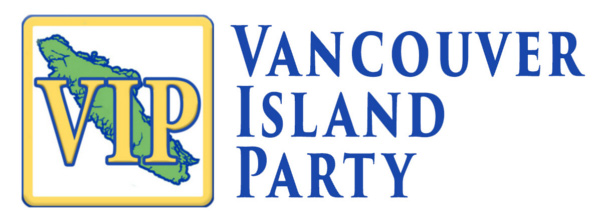The Solution To The Oil Trade War
Let’s Import More Refined Oil from Washington State
and Build New Oil Refineries In British Columbia
Re: “Alberta’s move to cut energy will hit more than B.C. fuel”
Dan Healing, The Canadian Press, April 18, 2018, page B1.
Victoria, April 18, 2018.
The answer to the current and, perhaps, future continuing impasse between British Columbia, Alberta and Saskatchewan lies in two directions:
(1) short-term; import more refined oil from Washington State and, (2) longer-term; build more refinery capacity in Vancouver, the Lower Mainland and, perhaps, elsewhere in British Columbia.
Import More Refined Oil From Washington State
Right now, there is only a small Chevron Refinery in Burnaby. It supplies only 30% of the area’s gasoline needs, including 40% of Vancouver’s YVR international Airport’s jet fuel requirements.
The rest of the airport’s jet fuel is imported – by truck – from Cherry Point Refinery in Washington State.
The north-west corner of Washington State is home to 5 highly profitable refineries:
1) BP, Cherry Point
2) Shell, Anacortes
3) Tesoro, Anacortes
4) Phillips 66, Ferndale and
5) US Oil.
The State produces premium low-sulphur gasoline and diesel shipped out to lucrative markets, including Vancouver. Washington State already exports a whopping 14% of its final products to BC’s Lower Mainland.
The Burnaby Refinery has a meagre 55,000 bbl/day capacity compared with 630,000 bbl/day in the 5 Washington State refineries.
The John Horgan NDP Government should enter into immediate negotiations with oil refineries in Washington State to import gasoline on a permanent basis and avoid higher gasoline prices at the pump for British Columbians, including Vancouver Island.
Build New Oil Refineries In British Columbia
British Columbia desperately needs new oil refineries. Once upon a time, it was home to 4 refineries. The building of Kinder Morgan’s Trans Mountain Pipeline (TMPL) in 1953 changed the dynamics of the refining market, causing the shutdown of the Royalite Refinery in Kamloops in 1983 after almost 30 years of operation.
Shell, Petro-Canada and Imperial decided in the early 1990’s that it would be better to expand their Edmonton refineries closer to the oil sands and convert their Vancouver facilities into storage and distribution terminals, employing far fewer people.
British Columbia needs more oil refinery capacity so as not to be held hostage by the Governments of Canada, Alberta and Saskatchewan. Never again, should we be bullied by the federal and/or other provinces. We need to be masters of our own environment and resources, as is clearly set out in the Canadian Constitution.
Let’s ask David Black to build his proposed oil refinery in Vancouver or the Lower Mainland rather than in Kitimat. It would be of lower risk to his investors and keep the high paid value-added jobs in BC. Vancouver already has the infrastructure and skilled labour force in place. A Vancouver Refinery would also be environmentally friendly as compared the proposed TMPL pipeline project and avoid the need for a massive increase in spill-risky tanker traffic on our precious BC coastline.
Dr. Robin M. Richardson, Ph.D., Leader
The Vancouver Island Party
Dr. Robin Richardson is a Harvard University–educated business economist,
former Canadian Member of Parliament and current Leader of The Vancouver Island Party
